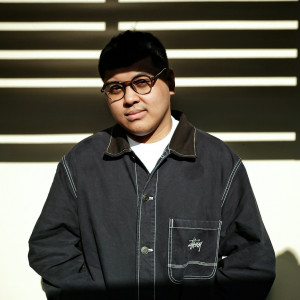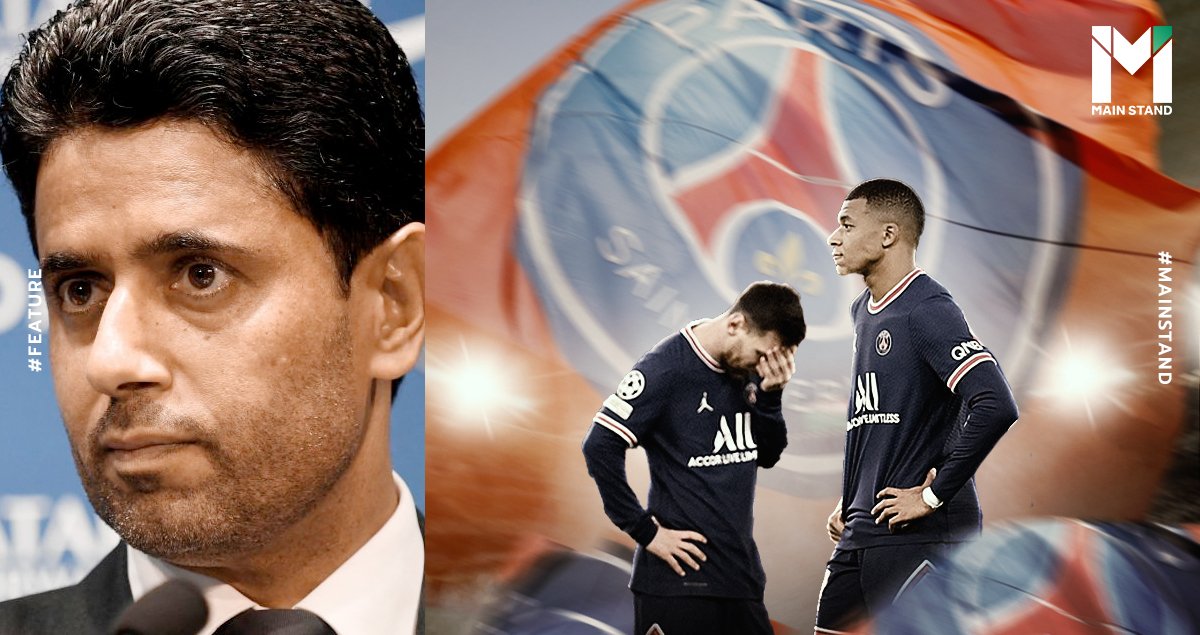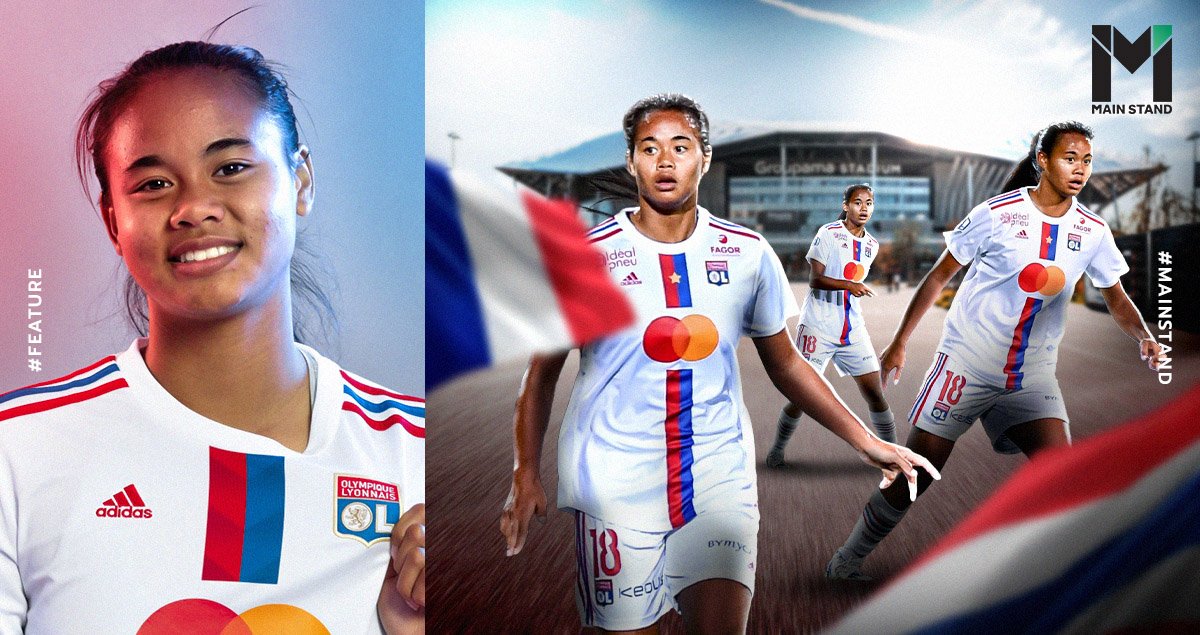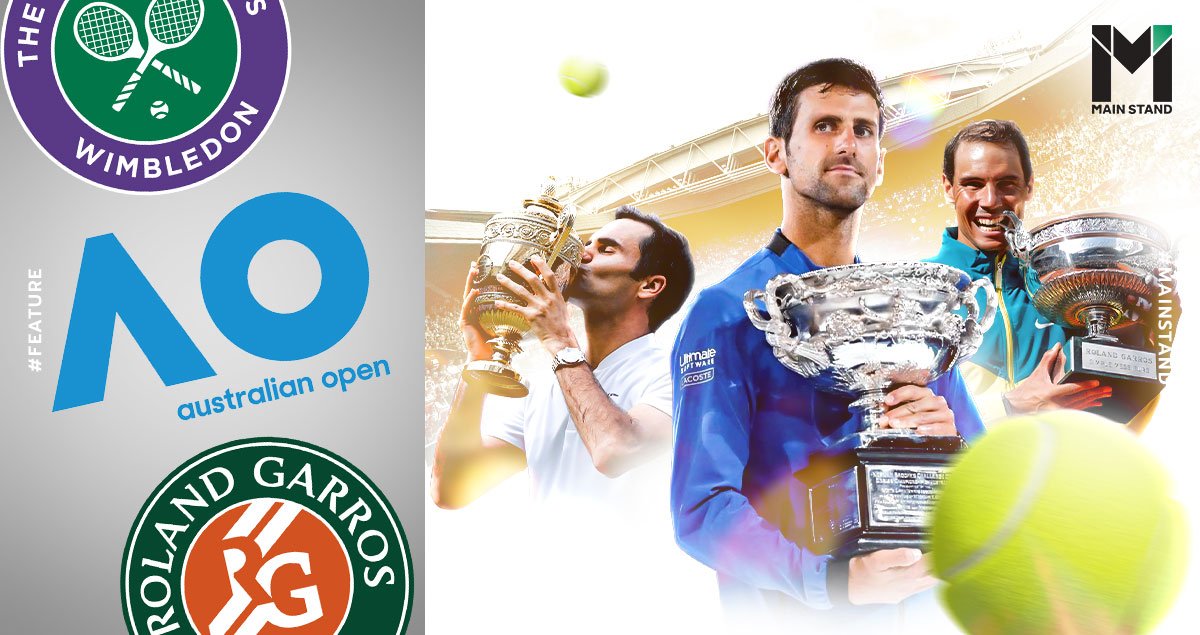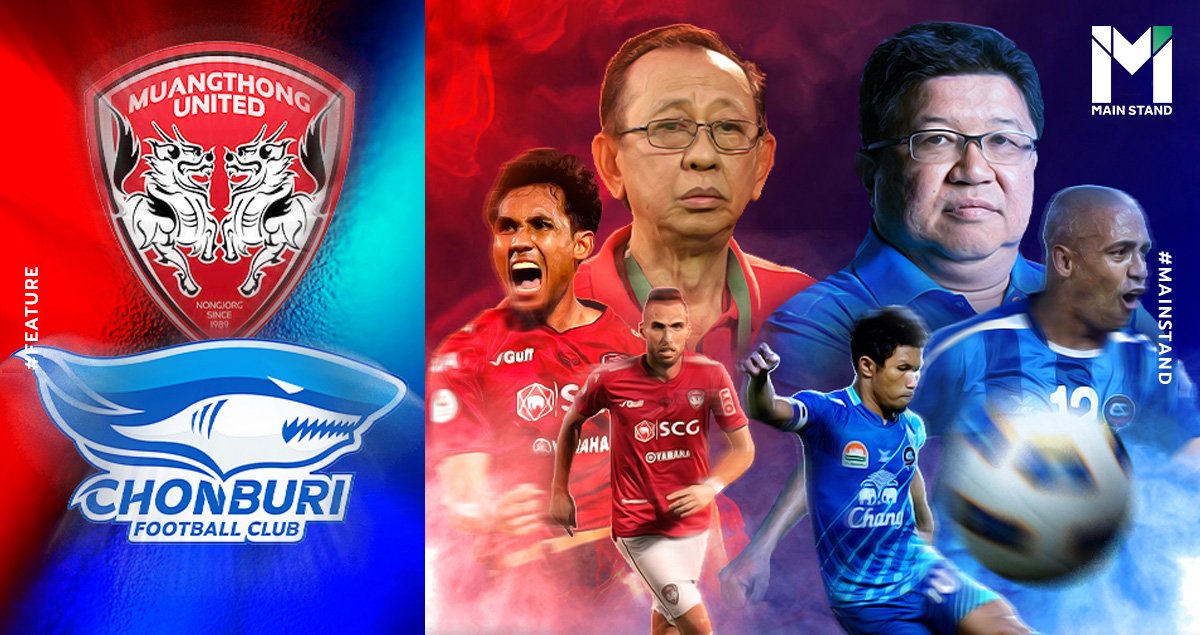
Possibly football’s greatest and most renowned rivalry, Real Madrid vs. Barcelona is a unique spectacle in world football. The name ‘El Clasico’ is so prominent in the psyche of football fans that it has been localized to describe major domestic rivalries worldwide.
Thailand is no exception, and while the spectacle may not be on par with its Spanish counterpart, there is one fixture in the Land of Smiles that is more than just a game.
Thailand's ‘El Clasico’ is the battle between Chonburi FC and Muangthong United. The two sides are considered among the ‘founding fathers’ of domestic football.
Contrasting social classes, conflicting political views and entertaining battles on the pitch - the match has all the ingredients of a mouthwatering derby.
Ready to learn everything you need to know about this historic fixture? Follow along with Main Stand as we unpack it all for you.
The early origins
Prior to looking at Thailand's El Clasico, we have to go back to 2007, preceding the country’s professional league era which commenced two years later.
Back in those days, Thailand’s top professional league was a very different affair from what it is now. Only teams from the Bangkok Metropolitan Region were allowed to compete, while teams from other provinces were both formally and implicitly excluded.
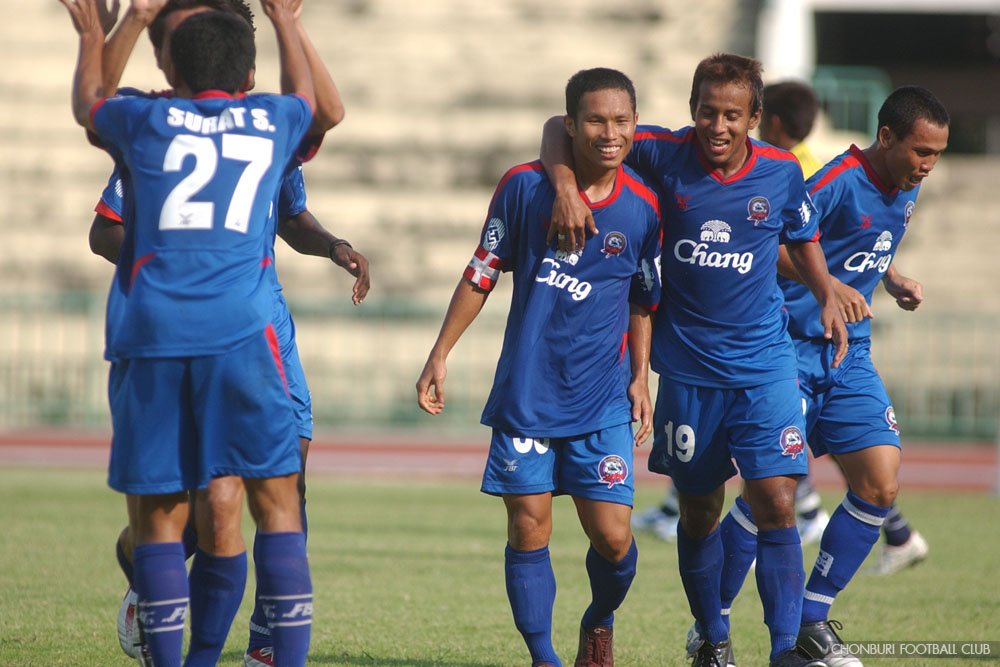
A club from the province of Chonburi became one of the first teams to break the capital’s hegemony, earning promotion in 2005. They shocked the nation by claiming the Thai League title the following season, starting a wave of decentralization as provincial bigwigs across the country wished to replicate their success.
Nicknamed the ‘Sharks,’ Chonburi FC are renowned for developing young players. One of the club’s key philosophies involves partnering with local schools. This partnership enabled them to develop footballers from a young age. With their well-designed infrastructure, the players have room to improve their footballing skills.
Most of Chonburi’s squad back then were youngsters with great potential, who earned call-ups to the Thailand national team with their excellent league performances. They showed no fear on the pitch and helped the team climb to unprecedented heights.
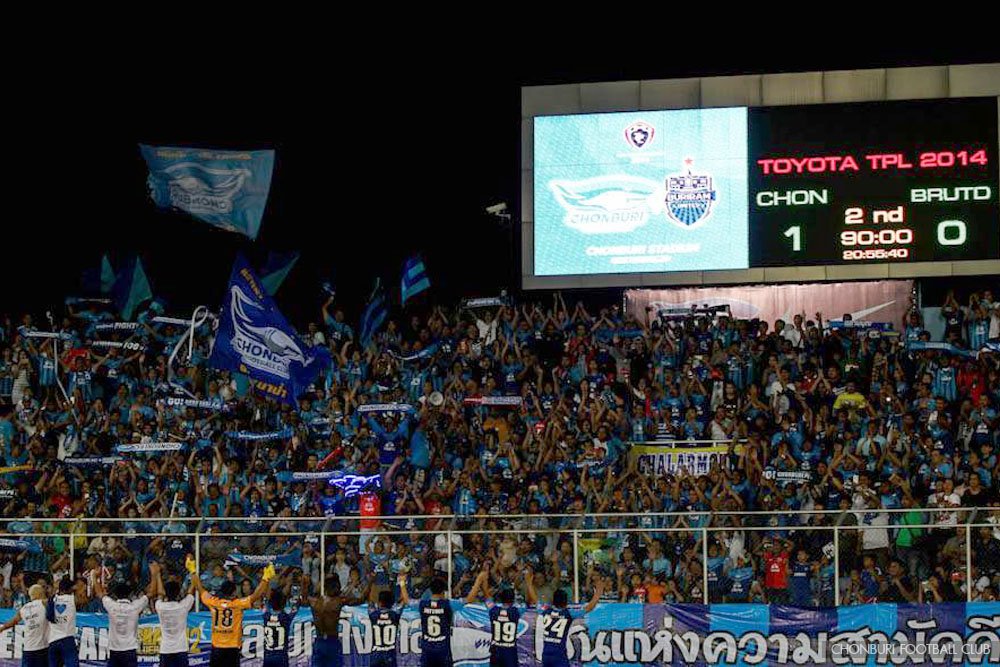
Another factor that contributed to Chonburi’s golden period was their unrivaled support. Some thought being outside the densely populated capital would be a disadvantage, but Chonburi turned this in their favor. They developed a strong bond with their local fanbase to the extent that tens of thousands of locals in the Chonburi area would attend the Sharks’ home and away games.
But when you sit at the summit, someone is always looking to replace you.
The rise of Muangthong
While Chonburi was busy lifting their historic title, the foundations for their biggest challengers were being laid down in the third division. Muangthong United, taken over and renamed from ‘Nongjorg Pittayanusorn Football Club’ by media giants SiamSport FC, would become a national powerhouse at meteoric speed.
The two sides were suitable representatives of the different social classes that made up their respective fanbases. Chonburi, by being the first team outside Bangkok to win the Thai League, were depicted as representatives of the rural working class. Meanwhile, the Kirin were owned by media mogul Ravi Lohtong and represented the middle-class residents of Nonthaburi city within Greater Bangkok.
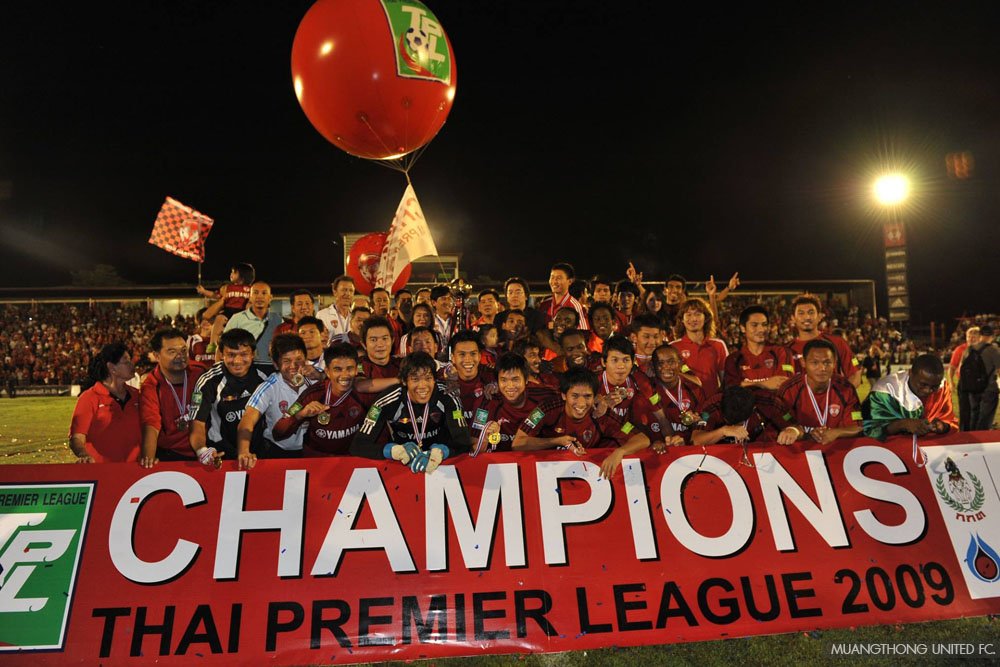
At the time, Chonburi was all about promoting youth. On the other hand, Muangthong were the galacticos of the Thai League, importing ‘big name’ players from afar. Their seemingly limitless spending power at the time propelled the Kirins to become the nation’s first club to earn back-to-back promotions.
When they reached the Thai League, Muangthong’s squad boasted names such as Pichitphong Choeichiu, Jetsada Jitsawad, Pakasit Saensook, Piyachart Tamaphan and rising star Teerasil Dangda. They even snatched Chonburi veterans Nattaporn Phanrit and Mohamed Koné to help form the ‘super team’ that would go on to claim the top-flight title at their first attempt.
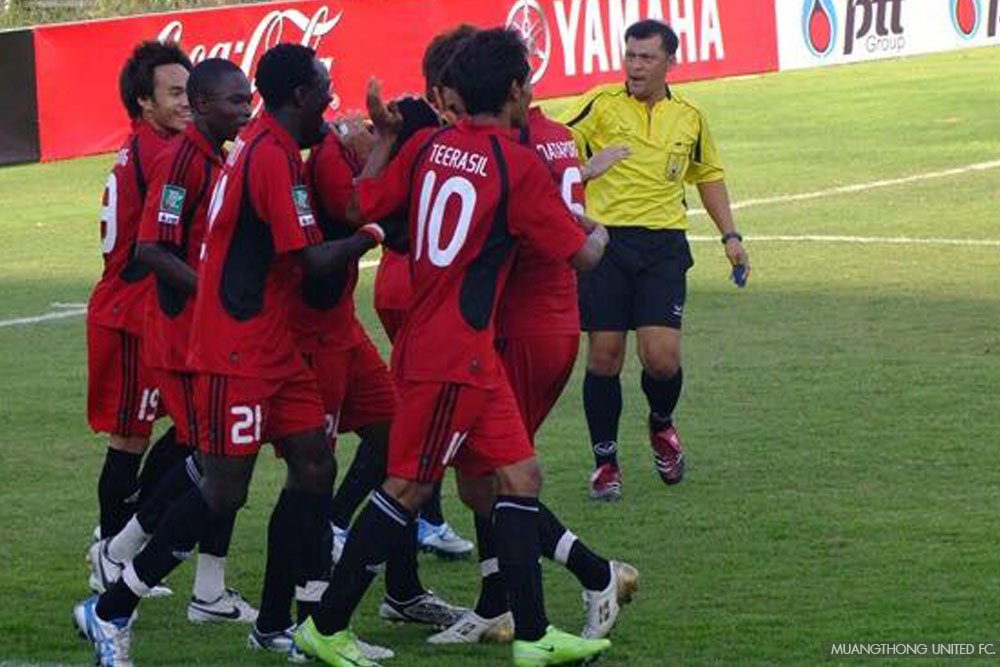
The constant battle on and off the pitch, the opposing social classes and the difference in team philosophies were all key components that added fuel to the fire every time these two sides faced off.
Football and politics
In addition to standing on the opposite sides of the football pitch, Chonburi FC and Muangthong United found themselves backing rival political factions too.
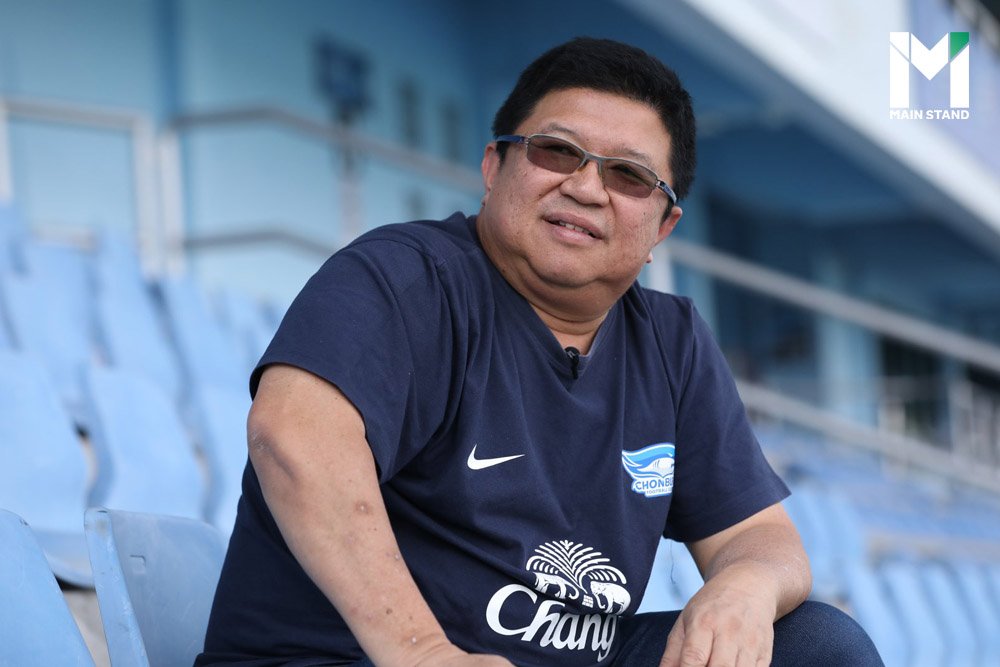
Chonburi’s vice president Annop Singtothong revealed with Main Stand that he had to move heaven and earth just to get his team registered in the Thai League.
However, the Football Association of Thailand committee members rejected his proposals multiple times. The FA based their disapproval on the assumption that provincial clubs would come in and lower the league’s quality of play. They feared these sides would be thrashed week in, week out by big-name clubs in the capital.
However, the FA’s hypothesis was proven invalid. In just the club’s second appearance in the Thai League, Chonburi ran away with the title beating second-place Krung Thai Bank by a staggering nine points. The Sharks immediately became a model of success used by other provincial clubs up and down the country. They were the critical catalyst that advocated for fair treatment and equality for provincial clubs.
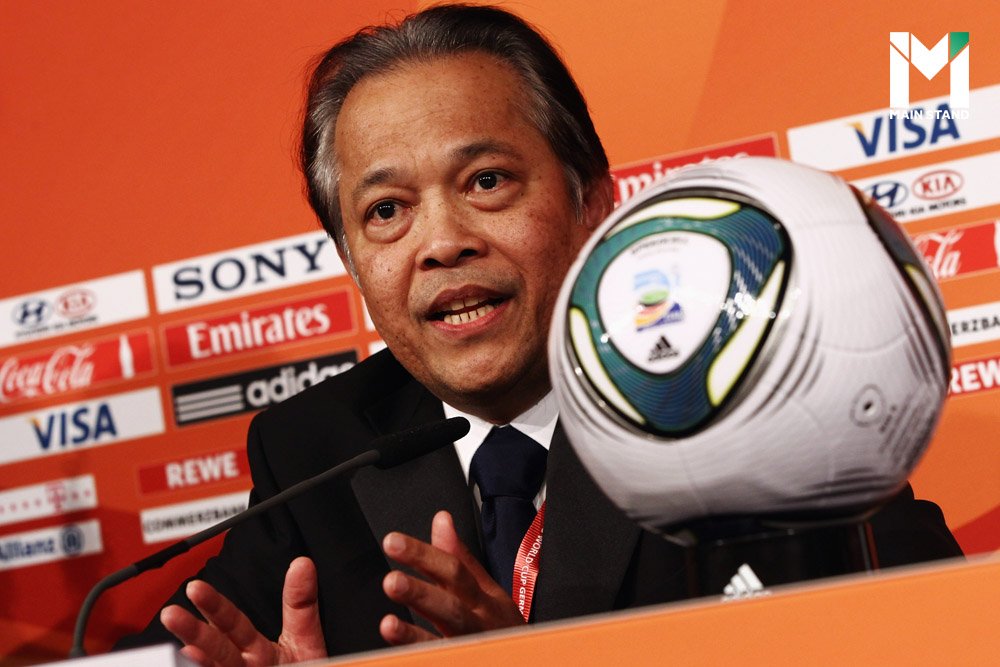
Tensions between Chonburi and the Thai FA reached boiling point when Worawi Makudi replaced Wichit Ketkaew as the president of the Football Association of Thailand. Muangthong owner Ravi Lohtong was heavily in favor of Makudi’s appointment, while Chonburi deemed the election result to be biased. The following season saw many decisions on the pitch go Muangthong’s way to the point that opposing fans would call the ref their extra man.
Fast forward to 2016, Pol. Gen. Somyot Pumpunmuang flipped the script when he became Worawi Makudi’s successor. Provincial sides such as Chonburi and Buriram United showed their full support for Pumpunmuang’s attempts to ‘change the unjust ways’ of his predecessor. Muangthong, on the other hand, chose to opt out of the elections and has fallen out with Thailand’s footballing establishment. To this day, the two clubs still hold firm on their contradicting political views.
The future
The recent emergence of Buriram United, BG Pathum United, Port FC and Chiang Rai United in the past five seasons decreased the intensity of Thailand's El Clasico. As a result, stadiums aren’t as packed, fans aren’t as rowdy and the on-field battle has cooled off.
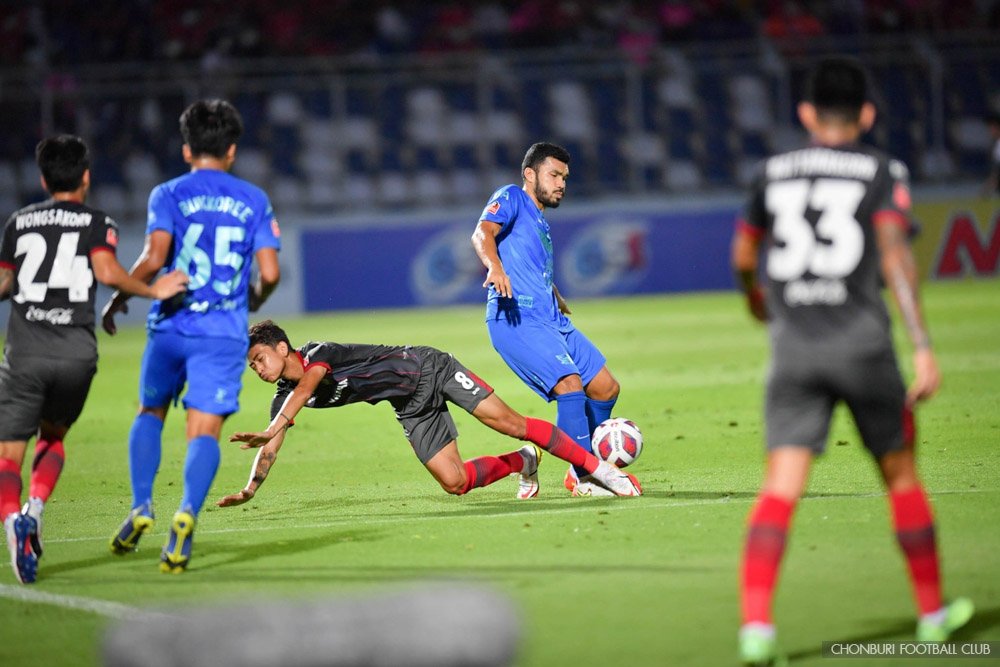
Due to financial constraints, Muangthong abandoned their galacticos approach and shifted their focus on developing youth prospects over the past three seasons. Meanwhile, Chonburi still pride themselves as a solid pipeline for local players to reach the national team. As a result, the formerly star-studded phenomenon has turned into a ‘new-gen matchup’ between Thailand’s best up-and-coming talents. The two clubs now arguably have the most similar philosophies when compared to the rest of the league.
Just like the evolution of the beautiful game, the Thai ‘El Clasico’ has evolved too. It’s undeniable that Muangthong and Chonburi are not at the heights they reached in the past, but this doesn’t tarnish the rich history of these two Thai giants. It’s now up to the younger generation to write a new chapter for this historic derby.



